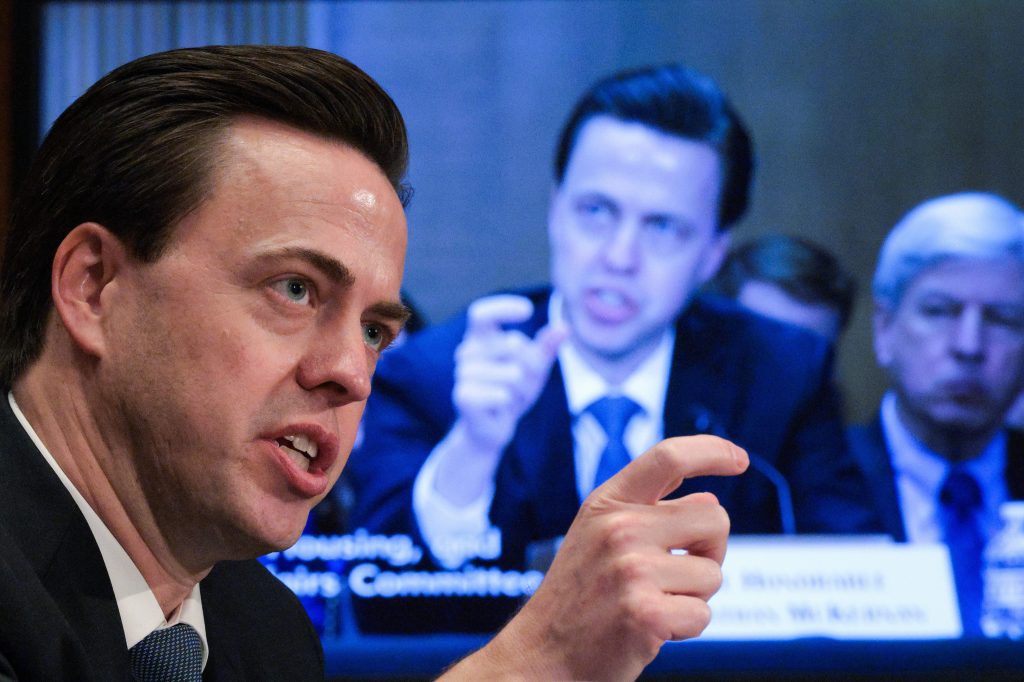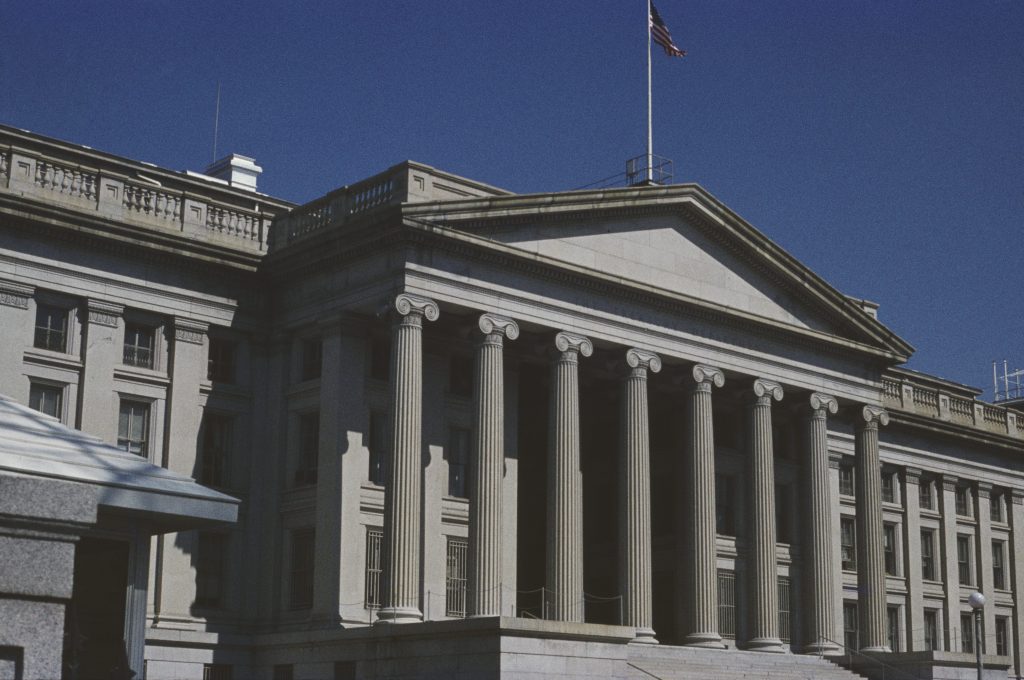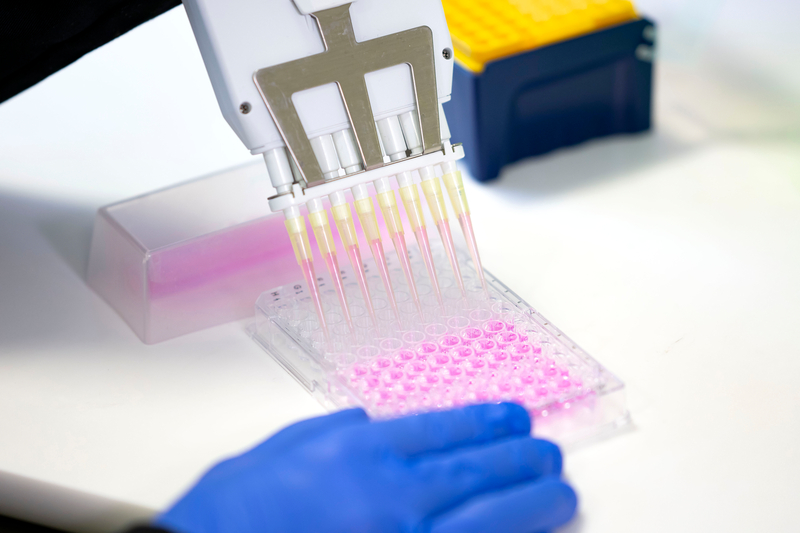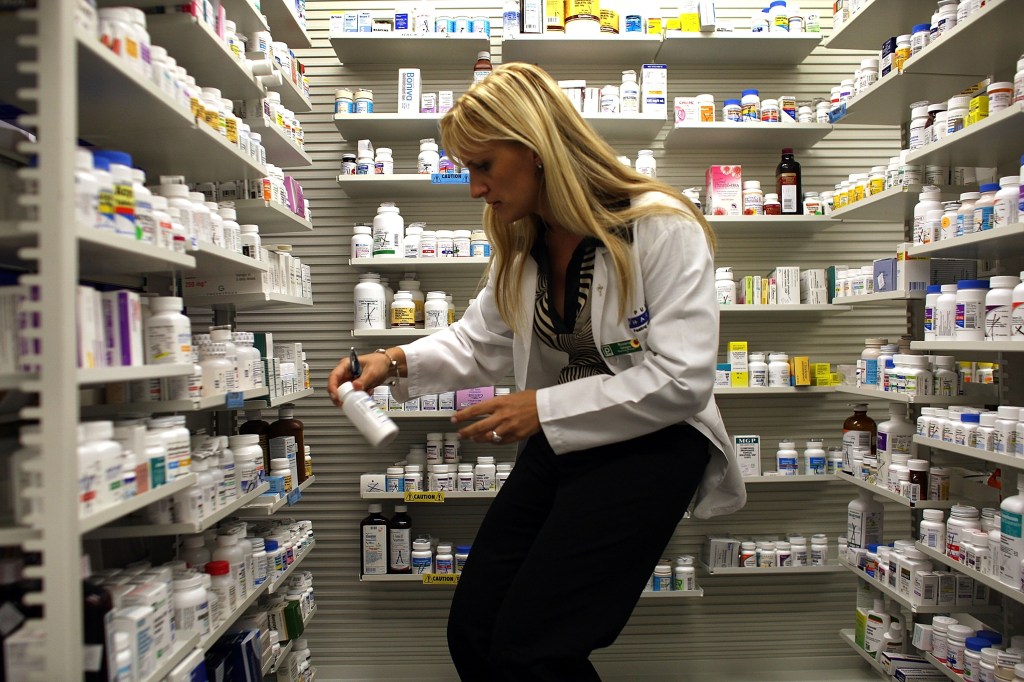In the first US Department of Justice (DOJ) resolution to require pharmaceutical companies to divest drug-product lines, the agency announced on Monday two deferred prosecution agreements resolving criminal antitrust charges against Teva Pharmaceuticals USA, Inc. and Glenmark Pharmaceuticals Inc., USA.
The two companies were charged in 2020 with conspiring to fix prices of generic drugs. As part of their agreements, both will divest a key business line involved in the misconduct. As an additional remedial measure, Teva will make a $50m drug donation to humanitarian organizations.
Teva will pay a $225m criminal penalty — the largest to date for what the DOJ called “a domestic antitrust cartel” — and Glenmark will pay a $30m criminal penalty. Both companies will face prosecution if they violate the terms of the agreements, and if convicted, would likely face mandatory debarment from federal health care programs.
Cholesterol drugs
The products they agreed to divest are their respective versions of a generic cholesterol drug, pravastatin, that was a core part of the companies’ price-fixing conspiracy, the DOJ said.
Teva must also donate $50m worth of clotrimazole and tobramycin, two additional drugs with prices affected by Teva’s alleged illegal conduct, to humanitarian organizations that provide medication to Americans in need.
Both companies agreed, among other things, to cooperate with the department in the ongoing criminal investigations and resulting prosecutions, report to the department on their compliance programs, and modify their compliance programs where needed.
“Companies in heavily regulated industries are on notice that the division will not hesitate to hold them accountable and will not tolerate recidivism.”
Jonathan Kanter, Assistant Attorney General, DOJ Antitrust Division
“Today, the Antitrust Division and our law enforcement partners hold two more pharmaceutical companies accountable for raising prices of essential medicines and depriving Americans of affordable access to prescription drugs. The resolutions include extraordinary remedial measures that require the breakup of assets and restore competition to the industry,” said Assistant Attorney General Jonathan Kanter of the DOJ’s Antitrust Division.
“Companies in heavily regulated industries are on notice that the division will not hesitate to hold them accountable and will not tolerate recidivism.”
Antitrust conspiracies
During the multi-year investigation, the Antitrust Division and its law enforcement partners uncovered price-fixing, bid-rigging and market-allocation schemes affecting many generic medicines, and charged seven generic pharmaceutical companies for their participation in the schemes.
As part of the agreements, Teva admitted to participating in three antitrust conspiracies that affected essential medicines, including pravastatin, clotrimazole and tobramycin, and Glenmark admitted to participating in a conspiracy to fix the price of pravastatin.
Pravastatin is a commonly prescribed cholesterol medication that lowers the risk of heart disease and stroke; clotrimazole is commonly prescribed to treat skin infections; and tobramycin is commonly prescribed to treat eye infections and cystic fibrosis.
In August 2020, a grand jury returned an indictment against Teva and Glenmark for price-fixing over its role in a conspiracy affecting the prices of pravastatin and other generic drugs.
The agreements with Teva and Glenmark this week mean all seven companies have resolved their criminal charges; together, they will pay more than $681m in criminal penalties.
Count one alleged that Teva conspired with Glenmark, Apotex Corp., and others to increase prices for pravastatin and other generic drugs. Apotex admitted its role in this conspiracy and agreed to pay a $24.1m penalty in May 2020.
Count two charged Teva for its role in a conspiracy with Taro Pharmaceuticals U.S.A. Inc., its former executive Ara Aprahamian and others for helping to increase prices, rig bids and allocate customers of generic drugs, including clotrimazole, a medicine used to treat skin infections.
Taro admitted its role in this conspiracy and agreed to pay a $205.7m penalty to resolve that charge in July 2020, and Aprahamian was indicted in February 2020 and is awaiting trial.
Count three charged Teva for its role in a conspiracy with Sandoz Inc. and others to increase prices, rig bids and allocate customers of generic medicines, including cystic fibrosis medicine tobramycin. Sandoz admitted its role in the conspiracy and agreed to pay a $195m penalty in March 2020.
The agreements with Teva and Glenmark this week mean all seven companies have resolved their criminal charges; together, they will pay more than $681m in criminal penalties.













